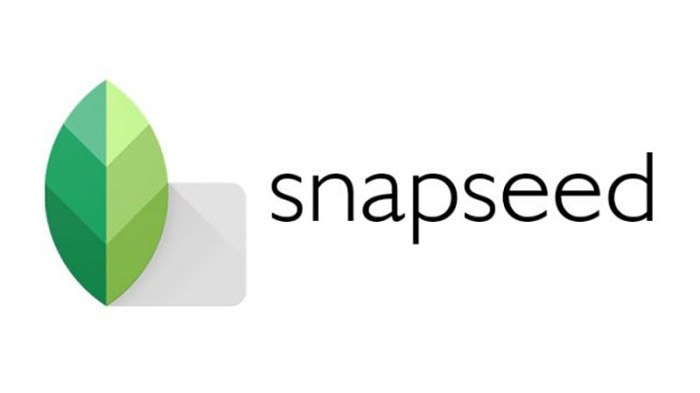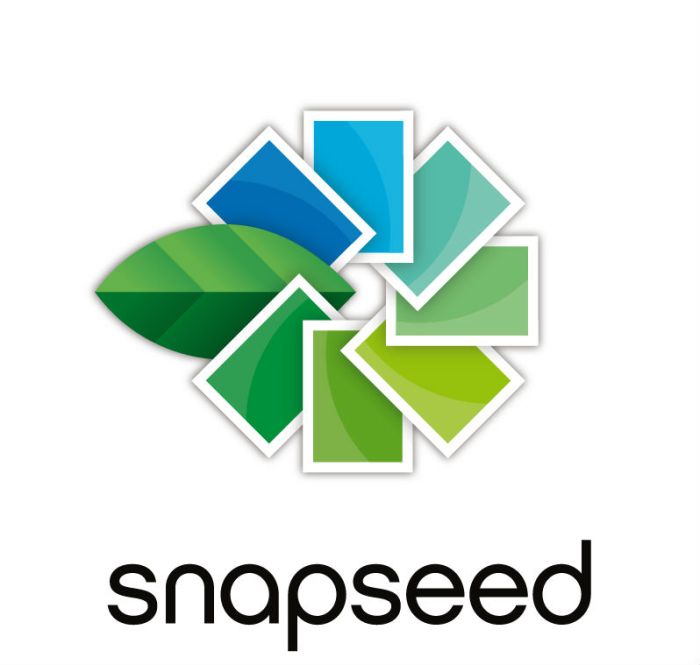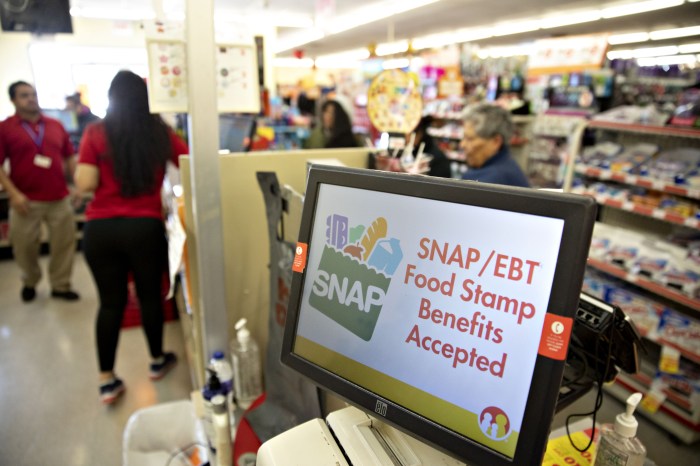Can You Buy Plant Seeds with EBT?
Can You Buy Plant Seeds with EBT?

Source: moblivious.com
Can you buy plant seeds with ebt – The Supplemental Nutrition Assistance Program (SNAP), administered through Electronic Benefit Transfer (EBT) cards, aims to improve food security for low-income families. A common question arises regarding the use of EBT benefits for purchasing seeds to grow one’s own food. This article explores the eligibility criteria for SNAP, the regulations surrounding seed purchases, alternative seed acquisition methods, and the overall impact of homegrown food on food security.
EBT Eligibility and Food Programs

Source: teknoseyir.com
Eligibility for SNAP is determined by several factors, primarily household income and size. Applicants must meet specific income limits set by their state, generally below 130% of the federal poverty level. Other factors considered include assets, expenses, and employment status. The types of food covered under EBT benefits generally include staple foods such as fruits, vegetables, grains, meats, and dairy products.
Processed foods are often eligible, but certain items like alcohol, tobacco, and hot foods are excluded. Many major grocery stores accept EBT cards, including national chains like Walmart, Kroger, and Safeway, along with many local supermarkets.
| State | Income Limit (Single Person) | Asset Limit | Other Requirements |
|---|---|---|---|
| California | $1,778 (approximate, varies by household size) | $2,000 (varies by state and situation) | May vary based on age, disability, and other factors. |
| Texas | $1,660 (approximate, varies by household size) | $2,000 (varies by state and situation) | May vary based on age, disability, and other factors. |
| Florida | $1,550 (approximate, varies by household size) | $2,000 (varies by state and situation) | May vary based on age, disability, and other factors. |
| New York | $1,880 (approximate, varies by household size) | $2,000 (varies by state and situation) | May vary based on age, disability, and other factors. |
Seed Purchasing and SNAP Regulations, Can you buy plant seeds with ebt
Generally, seeds are not considered eligible food items under SNAP guidelines. The argument against including seeds centers on the fact that they are not directly consumed and represent a potential investment rather than immediate sustenance. Conversely, proponents argue that seeds are crucial for long-term food security and self-sufficiency, potentially reducing reliance on the SNAP program in the long run.
Homegrown produce generally boasts higher nutritional value due to reduced pesticide use and shorter transportation times, compared to store-bought options. There is no widespread legal interpretation specifically allowing seed purchases with EBT; however, some local initiatives explore pilot programs or waivers to address this issue.
Alternative Resources for Seed Acquisition
Numerous resources exist for acquiring seeds without using EBT. Many community gardens offer free or low-cost seeds, fostering a sense of community and shared resources. Seed saving and propagation is a sustainable practice where gardeners collect seeds from their harvested plants to use in subsequent seasons. Several online platforms and organizations provide information on seed sharing networks, connecting gardeners who want to exchange seeds.
Starting a home garden from saved seeds involves selecting seeds, preparing the soil, planting the seeds, providing adequate care, and finally harvesting the produce.
The question of whether you can buy plant seeds with EBT varies by state and program. However, if you’re considering a lawn, knowing the best time to plant is crucial for success; check out this resource on when to plant grass seed nj to get the timing right. Ultimately, understanding your local EBT guidelines is key to determining what seeds you can purchase for your gardening needs.
- Select seeds from healthy, mature plants.
- Prepare the soil by tilling and amending with compost.
- Plant seeds according to the specific requirements of each plant.
- Provide regular watering, sunlight, and pest control.
- Harvest the produce when it is ripe.
The Impact of Homegrown Food on Food Security
Growing one’s own food offers significant cost savings, reducing reliance on expensive grocery store purchases. Increased access to fresh produce for EBT-dependent families improves nutrition and overall well-being. Community-based gardening initiatives often incorporate educational components, fostering self-sufficiency and healthy eating habits. A comparison of costs reveals significant differences: purchasing a head of lettuce may cost $2-$3, while growing the same amount from seed costs significantly less, considering the initial investment in seeds and supplies.
Growing your own food can drastically reduce food costs, enhancing food security for families relying on EBT.
Community gardens provide valuable educational opportunities and foster a sense of community.
Farmers’ Markets and EBT Access

Source: the-sun.com
Many farmers’ markets participate in EBT programs, allowing SNAP recipients to use their benefits to purchase fresh, locally grown produce. Some states offer incentive programs, such as matching funds or bonus benefits, to encourage EBT usage at farmers’ markets. Challenges in accessing farmers’ markets include transportation limitations, market hours, and potential lack of awareness among EBT recipients. A promotional flyer could highlight EBT acceptance, market location, available produce, and any incentive programs.
Example Flyer Text: Support local farmers and enjoy fresh, healthy food! Our farmers’ market accepts EBT! Find us at [Location] every [Day] from [Time] to [Time]. Enjoy [mention special offers or incentives].
General Inquiries: Can You Buy Plant Seeds With Ebt
Can I use my EBT card at all farmers’ markets?
Not all farmers’ markets accept EBT. Check with individual markets to confirm their participation in relevant programs.
Are there any restrictions on the types of seeds I can buy if they were covered by EBT?
This is currently unclear, as seeds are not typically considered eligible. Further clarification from SNAP guidelines would be necessary.
What if I live in a state that doesn’t have a robust farmers’ market EBT program?
Explore community gardens, seed swaps, or online resources for seed acquisition. Advocating for improved access in your state is also an option.
What are the tax implications of growing your own food for personal consumption?
Generally, food grown for personal consumption is not subject to income tax. Consult a tax professional for specific guidance.





















